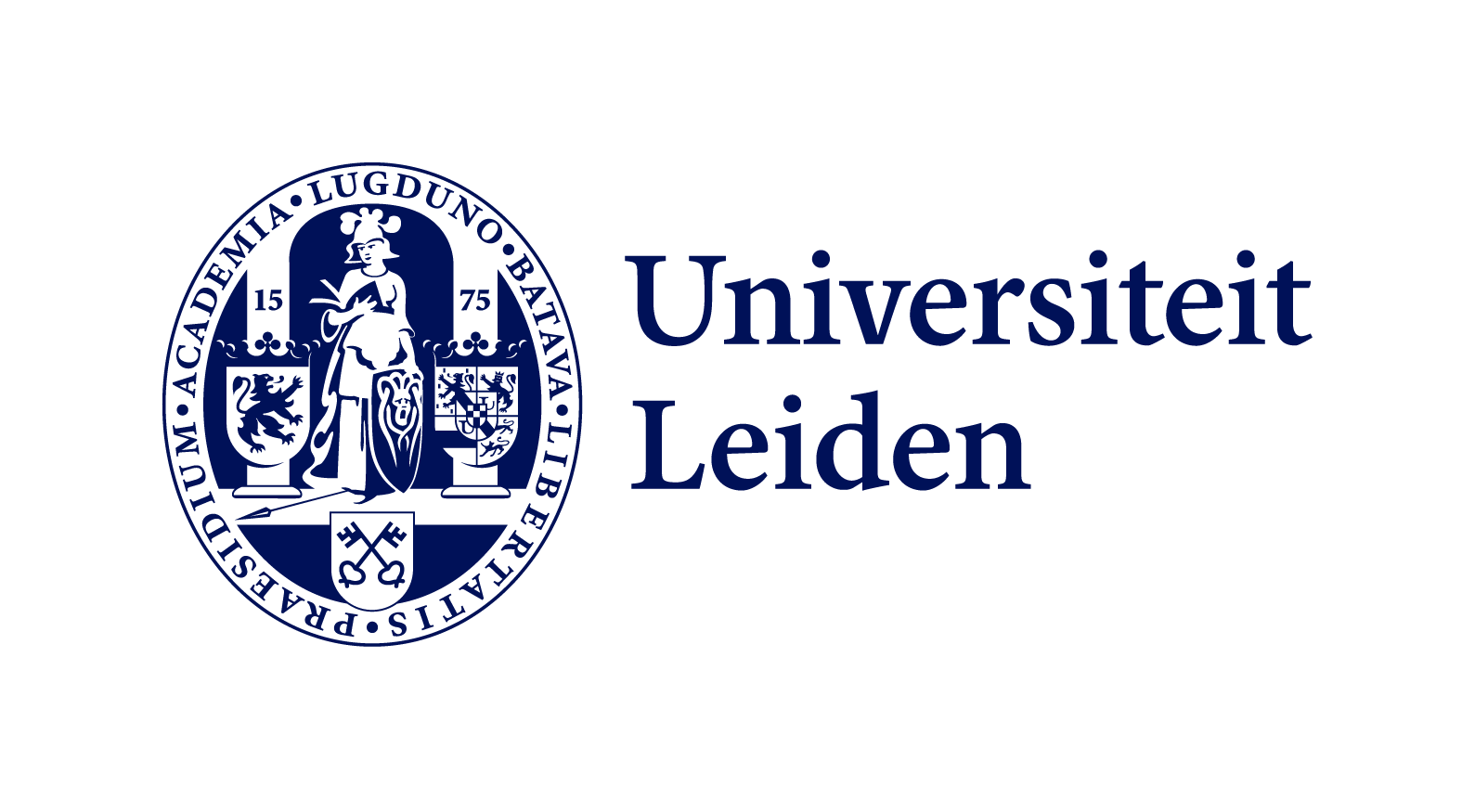Phenotyping older patients needing intensive treatment
Abstract
Higher age is accompanied with multimorbidity and is also associated with the presence of geriatricconditions. A geriatric assessment (GA) is used to explore the domains of somatic status, mental,physical and social functioning. Only few studies have assessed the association of a GA withoutcomes in older patients with severe diseases. We show that the majority of the studies inpatients with head and neck cancer and esophageal cancer, reported a significant association ofimpairment in functional and cognitive performance, mood or social environment with a higher riskof adverse outcomes. Third, we investigated older patients reaching end-stage renal disease andreported that high age, low education, low functional status, frailty, higher burden of WMH and ahistory of vascular disease were associated with impaired cognitive function. Finally, we studied apatient reported outcome measurement (self-rated health; SRH) in older patients visiting theemergency department and show that it is at least partly dependent on factors of functional capacityand functional decline. In conclusion, we report that aspects of the GA are associated with adversehealth outcomes. This endorses the importance of taking geriatric characteristics into account inpatients who possibly need intensive treatment, however more research is needed.
